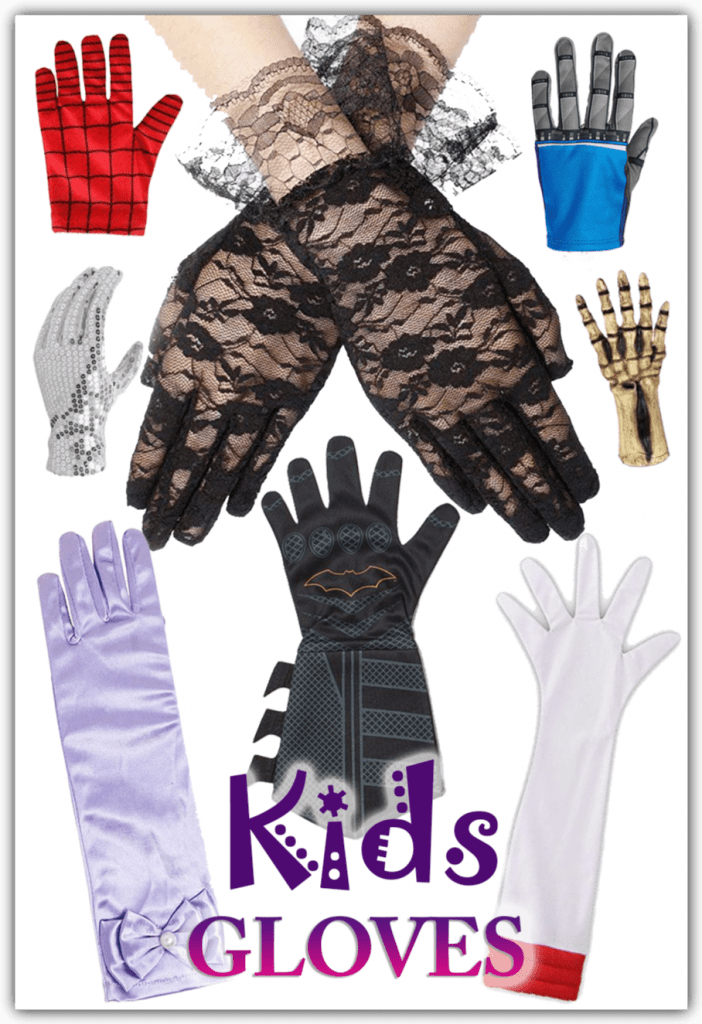It can be devastating to helplessly watch your child continuously pick or scratch at their skin, especially if you are unfamiliar with excoriation disorder and other body-focused repetitive behaviors (BFRBs). Learning about the complexities of this compulsive condition can be overwhelming for parents, with the most commonly asked question being:
“How do I get my child to stop picking their skin?”
There are many strategies that can help your child recognize their triggers and reduce their behavior, but it’s possible that they may have to learn to live with this condition. Similar to other mental health afflictions there is no cure for compulsive skin picking, but it doesn’t have to take over your child’s life. Cognitive-Behavioral Therapy (CBT) is the most recommended treatment for excoriation disorder for people of all ages, though it can be challenging to find a qualified pediatric provider knowledgeable in treatment for BFRBs.
As a parent, your response to their skin picking plays a critical role in how they feel about themselves. If approached with criticism of their appearance, the shame and embarrassment of living with excoriation disorder can create or exacerbate additional mental health issues, which further fuels the compulsion. If discussed with sensitivity, your support promotes self-acceptance and nurtures your child as they navigate the world with this misunderstood disorder.
It can be hard for a child to open up to a parent because they don’t know why they’re picking their skin, feel helpless, and don’t want to disappoint them. Punishment as a result of picking leads to more shame from the people they love the most, which leads to more hiding and engagement in the disorder.
The first steps a parent can take in reaching out for community resources is to seek a mental health provider who can look into other conditions (such as autism). It may be beneficial pediatric provider or dermatologist to rule out an underlying skin condition.
Age-Based Advice
Processing this disorder is difficult no matter how old you are, but parents can take the following steps to address specific concerns that can arise in, or around, each developmental stage:
Toddlers
- Keep open spots covered with bandaids and clothing.
- Trim nails frequently (and file, if possible).
- Observe their environment and needs for triggers; what else are they doing or experiencing? (ie, tiredness, skin sensitivities, screen time, etc.)
- Redirect their hands to another activity
- Buy practical costume gloves, such as princess or superhero.
- Give them soft and squishy fidget toys, or materials, for sensory satisfaction.
- Practice simple breathing exercises with them when they have an urge.

Ages 5-12
- Introduce more fidgets (snake toy, spinner ring, etc)
- Get permission for your child to use them in the classroom, if needed.
- Redirect their attention to another activity.
- Set up blockers and barriers in triggering places
- Practice mindfulness through yoga and meditations.
- Encourage hand-washing, especially after picking
- Let them choose fun band-aids to wear.
Teenager
- Ask how they feel about their picking; some may not see it as problematic, or be in denial.
- Reassure them that they are loved and accepted no matter how severe it is.
- Actively empathize when they disclose a vulnerability (ie “that must be tough“)
- Teach about photo-edited images in the media and social media to help normalize skin imperfections.
- Watch Scars of Shame (free) with them.
- Introduce them to BFRB organizations and communities for additional support.
Adult
- Show acceptance and support, letting them know they aren’t alone.
- Recommend TLC’s database* of qualified practitioners and Skin Picking Support’s FAQ for Skin Pickers.
- Respect their boundaries if they don’t want to discuss it.
- Ask them if there’s anything you can do to support them.
- If they are not open to speaking with you, suggest that they get involved in forums.
- Let them know you’re always available to talk and listen.
No matter what age your child is, they will always want your approval, validation, and support. Though more resources may be needed to assist them, being understood and accepted can have a profound effect on improving their mental health- including the severity of their picking.
Without worldwide awareness, most parents don’t know that excoriation disorder exists. It’s common to make mistakes, such as enforcing punishments for picking, while in the discovery process learning about this condition. Let your child know that you are here for them and love them regardless of their skin picking. Apologize, if needed, and move forward by utilizing these tools and suggestions to navigate this chronic condition together as a team with empathy, encouragement, and understanding.
* If not listed, share training information with your child’s current therapist about how to become a trusted provider through TLC’s Professional Training Institute.
Childhood Skin Picking Myths
- They pick their skin for attention.
- Most don’t want anyone to see what they’ve done.
- Most don’t want anyone to see what they’ve done.
- They’re trying to defy their parents.
- There are more efficient ways to rebel.
- There are more efficient ways to rebel.
- They are engaging in self-harm.
- Excoriation disorder is compulsive and done for relief, not to cause pain.
- Excoriation disorder is compulsive and done for relief, not to cause pain.
- They want to make themselves physically unattractive.
- Many give into cognitive distortions that feel like they’re fixing an imperfection
- Many give into cognitive distortions that feel like they’re fixing an imperfection
- They can choose to stop at any time.
- They would to avoid scarring, social rejection, being confronted, etc.
- They would to avoid scarring, social rejection, being confronted, etc.
- They will grow out of it as they age.
- Many adults report the onset of their picking occurring as early as they can remember.
Check out the top 12 Myths about Dermatillomania to learn more.
Parenting a Skin Picker: The Dos & Don’ts
Don’t scold your child for picking their skin.
Do redirect them to another activity.
Don’t punish them for engaging in the behavior.
Do tell them you recognize that it’s difficult to stop.
Don’t pressure or offer them with bribes for abstaining.
Do acknowledge their efforts and successes.
Don’t make them feel guilty for not knowing how to handle urges.
Do take note of possible triggers in their environment.
Don’t post pictures online of their skin without permission.
Do reach out in forums to ask others for advice.
Don’t scare your child with worries of infection or scarring.
Do tell them you accept them no matter what their skin looks like.
Don’t pick your child’s skin or let them see you engage in excessive grooming.
Do teach them that it’s normal to have imperfect skin.
Don’t force them to hide their marks with clothing or makeup.
Do encourage them to wear what they’re comfortable in.
Don’t shame them or use language they will personalize (ex. gross, weird)
Do non-judgmentally listen to their thoughts, needs, and experiences.
Don’t use deterrents (like snap bracelets) to associate their behavior with pain.
Do provide a variety of fidget toys that meet their sensory needs.
Don’t withhold affection or presents until their behavior improves.
Do show extra love by empathizing with them over how hard it is.
Don’t let relatives criticize their appearance or condition in their presence.
Do educate loved ones about excoriation disorder.
Don’t take away their picking tools; it builds distrust and creates shame.
Give them blockers and sensory toys. Sanitize tools frequently with rubbing alcohol.
Don’t forget to emphasize the importance of hand-washing.
Do keep their nails trimmed and filed.


Additional Resources
TLC Foundation for BFRBs: FAQ for Parents
Skin Pick: Tips for Parents
Little Otter: Spotting Signs of Dermatillomania in Toddlers
Psychology Today: 10 Things Every Pediatrician Should Know…
Trichy Picky Parenting Facebook group
Skin Picking Sammie by Krista Reed, LSCSW
Everyone Picks by the HabitAware Team
